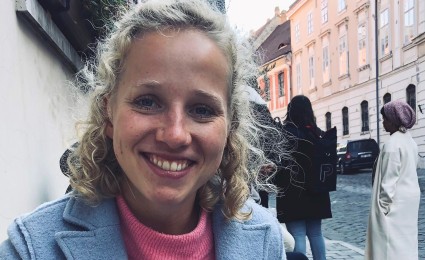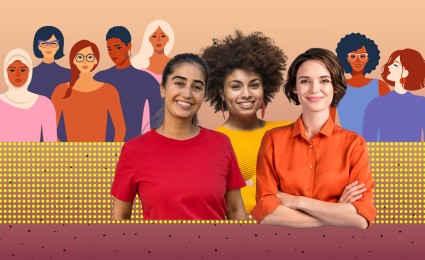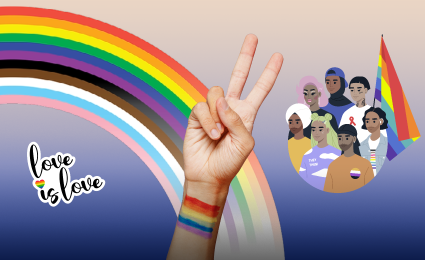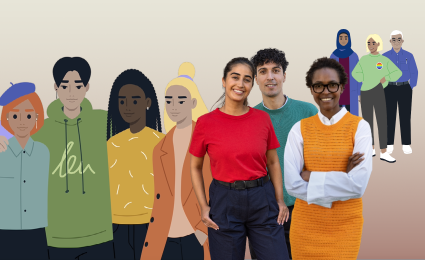
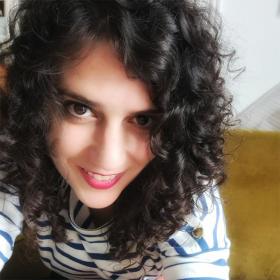
Anne, Principal
Life Sciences & Biotechnology
"I started working in consulting by pure chance!"
What educational/academic background do you have?
A Ph.D. in Pathophysiology of the Respiratory System and Human Genetics and a master's in Management of Biotechnologies and Pharma Companies.
Why did you decide to go into consulting?
I started working in consulting by pure chance. A friend of mine asked me to go to a professional congress and grab some info on a strategy consultancy he wanted to apply to. I'd never heard of that type of work before. I came. I saw. They conquered me! I fell in love with the company, the team and the project they were working on. I ended up joining the firm a year later. The rest is history.
How can you use your skills at Roland Berger?
Thanks to my scientific background, I am able to quickly grasp the underlying technology of a medical device and how it could benefit the healthcare community or the mechanisms of action of a drug and how patients could hope to access better treatments. It helps me put this step of the work behind me and quickly jump into the analytical part of the work, such as how the drug could reach the market, what regulatory route has to be followed, what level of pricing could be expected, what type of patients would benefit the most from the treatment, etc.
What did you learn that you will never need here?
I learned how to run a Sanger test to sequence genes, applying great precision in filling up a 1mm² hole in a 0.1mm thick gel maintained by EUR 1,000 glass plates. But no pressure: one run is only half your monthly research grant.
Which of your skills from your background makes your consulting life easier?
In addition to having an academic background, I worked in investment banking and served as VP Strategy for a biotech. Both these experiences help me put myself in the shoes of both investors and executives. I know what information is crucial to them and how to put everything in perspective to help them better assess opportunities. I am also able to coach execs on what investors are going to look at in their plans when they reach the stage of fundraising.
What did you want to be as a child and what would you love to be today if you weren't a consultant?
I wanted to be an architect. At the time I think it was solely because I was fascinated by all the tools that architects get to use: T-squares, rulers, pens, erasers of all sorts ... I still toy with the idea today. I just love the challenge of designing smart solutions to try and make everything fit into a tiny room. A giant Tetris. It is somewhat magical to me. All the moving companies I've used in the past beg to differ though.
Today, I am creating boxes of the right size and color, aligning them on the grid and making sure they contain the right information. It could be considered six of one and half a dozen of the other.
How does your team benefit from your skills?
I have been trained to do and to teach. So I hope my team feels safe working with me, knowing that when they do not know, I will spend time teaching them and making sure everyone has the same level of knowledge.
What has been your favorite moment/project since you joined Roland Berger as a consultant?
Your first project is always the most important one. It sets the tone. You remember it all your career long. So that would be it for me. We had to travel quite a bit. Being away from your friends and family for half a week, you better get on well with your teammates! I have been blessed with great colleagues.

